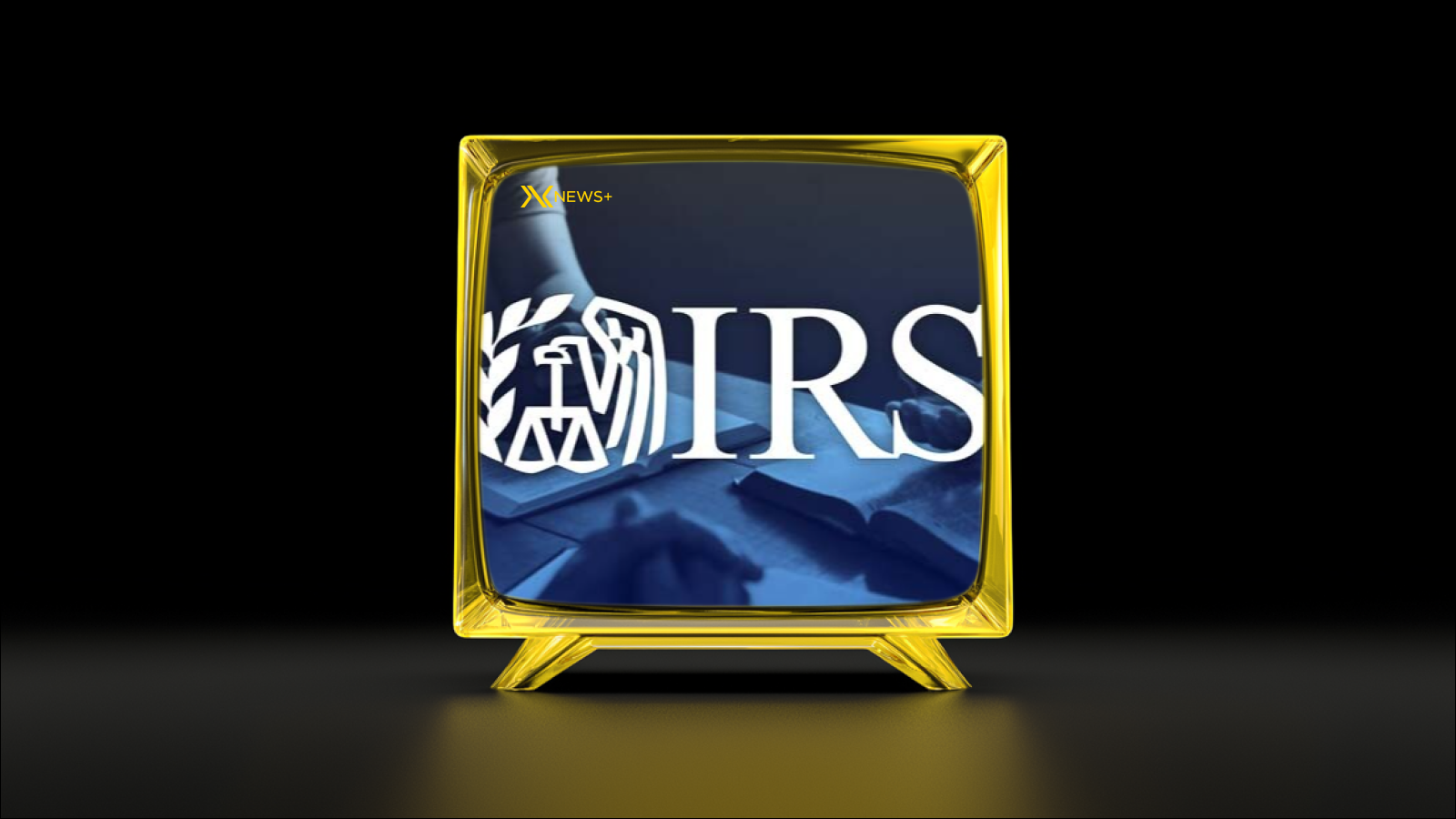Examine the IRS’s new reporting requirements for DeFi brokers, industry pushback, Senator Cruz’s resolution, and the implications for the DeFi ecosystem.
The IRS DeFi Broker Rule introduces a significant shift in how decentralized finance (DeFi) platforms are regulated, imposing traditional reporting requirements that have mostly been applied to centralized financial institutions. This rule mandates that DeFi brokers collect and report specific data about their customers and transactions, mirroring the obligations native to traditional brokerages. This requirement has raised alarms within the industry, as it seems misaligned with the very essence of DeFi, which promotes privacy, autonomy, and self-custody of assets.
Many experts argue that these reporting requirements could stifle innovation within the DeFi space by creating barriers to entry for smaller projects and independent developers. The need for compliance with stringent regulations may deter participation, thereby affecting the overall growth and vibrancy of the DeFi ecosystem. DeFi platforms, which operate on blockchain technology, thrive on anonymity and decentralized control—key principles that the IRS rule contravenes.
Moreover, the implementation of this rule, if unaffected, could lead to a broader chilling effect on investment in blockchain technology and cryptocurrencies. As developers navigate the complexities introduced by the IRS, the fear of compliance issues could hinder the development of novel financial products and services that utilize DeFi protocols. These concerns have sparked calls within the industry for lawmakers to reconsider the implications of such regulatory frameworks.
Consequently, stakeholders are advocating for a dialogue with Congress, emphasizing the importance of tax policies that foster innovation rather than stifle it. Utilizing the Congressional Review Act, industry leaders are rallying to challenge the IRS DeFi Broker Rule, seeking avenues to ensure that regulations reflect the unique characteristics of the DeFi environment.
Industry leaders are vocalizing their concerns regarding the overreach of the IRS DeFi Broker Rule, arguing that its implementation could pose significant challenges for the decentralized finance (DeFi) sector. These leaders emphasize that the rule, which imposes traditional financial reporting requirements on individuals and entities operating within the DeFi ecosystem, is fundamentally misaligned with the core principles of decentralization and innovation that govern the space.
According to many experts, this push for regulation under the guise of compliance threatens to stifle the growth and evolution of DeFi, which has emerged as a transformative force in the financial landscape. With its ability to facilitate financial transactions without intermediaries, the DeFi sector operates on principles that clash with traditional regulatory frameworks. This dissonance raises questions about the applicability of existing laws to a rapidly evolving industry that prioritizes user autonomy.
Furthermore, industry advocates assert that the Congressional Review Act should be utilized to address this regulatory overreach. By leveraging this legislative mechanism, they hope to ensure that Congress can review and potentially rescind regulations deemed overly burdensome or inconsistent with the ethos of decentralization.
As the dialogue continues, the DeFi community appears united in its call for a more thoughtful approach to regulation—one that balances the need for consumer protection with the imperative of fostering innovation. The outcome of this challenge could significantly influence the trajectory of DeFi and its integration into the broader financial system.
Senator Ted Cruz Introduces Resolution to Overturn the Rule
In response to growing concerns from the crypto community, Senator Ted Cruz has stepped forward to challenge the IRS DeFi Broker Rule. He introduced a resolution under the Congressional Review Act aimed at repealing the controversial regulations imposed by the IRS on decentralized finance (DeFi) platforms. Cruz has emphasized the need for a regulatory framework that fosters innovation and does not suffocate the burgeoning sector.
The resolution has garnered attention not only for its potential impact on the DeFi ecosystem but also for its broader implications on how cryptocurrency is legislated in the U.S. Senator Cruz argues that the IRS Rule undermines the decentralized nature of blockchain technology, putting unnecessary burdens on entities that do not function as traditional brokers.
Advocates for the resolution believe that overturning the rule could pave the way for a more favorable regulatory environment, ultimately benefiting both consumers and innovators alike. By pushing this resolution, Cruz hopes to rally support from other lawmakers who share similar concerns regarding the impact of heavy-handed regulation on the evolving crypto landscape.
As discussions around the resolution begin, it becomes clear that the fight against the IRS DeFi Broker Rule is not just about immediate regulatory relief but also about shaping the future of finance within American borders.
Potential Implications for the DeFi Ecosystem
The IRS DeFi Broker Rule poses several potential implications for the decentralized finance (DeFi) ecosystem. If left unchanged, the rule could fundamentally alter how DeFi platforms operate and provide services to users. Below are some potential impacts:
- Increased Compliance Burdens: DeFi platforms may face significant compliance challenges. These new reporting requirements mimic traditional financial systems, potentially stifling innovation and deterring new projects.
- Impact on User Privacy: The rule could compromise the inherent privacy features of DeFi applications. Users may be wary of sharing personal information required for compliance, which could reduce participation in DeFi markets.
- Market Uncertainty: The regulatory uncertainty brought about by this rule could lead to decreased investment in DeFi projects. Investors may hesitate to commit resources in an environment where regulatory clarity is lacking.
- Risk of Centralization: As compliance costs rise, smaller DeFi projects may struggle to remain viable, leading to centralization within the space. This runs counter to the foundational ethos of DeFi, which advocates for decentralization and democratized access to financial services.
- Potential Legislative Action: The ongoing discussions surrounding the Congressional Review Act may lead to potential legislative actions that could mitigate the impact of this rule, fostering an environment more conducive to innovation in the DeFi sector.
As the industry continues to push back against the IRS DeFi Broker Rule, its long-term effects will become clearer. The balance between regulatory compliance and innovation in the DeFi space will be crucial in determining how the ecosystem evolves in the coming years.
Disclaimer
Cryptocurrency investments and operations involve significant risk due to regulatory changes and market volatility. It is essential to conduct thorough research and consult with legal and financial advisors before engaging in crypto-related activities.
Click for more News articles





